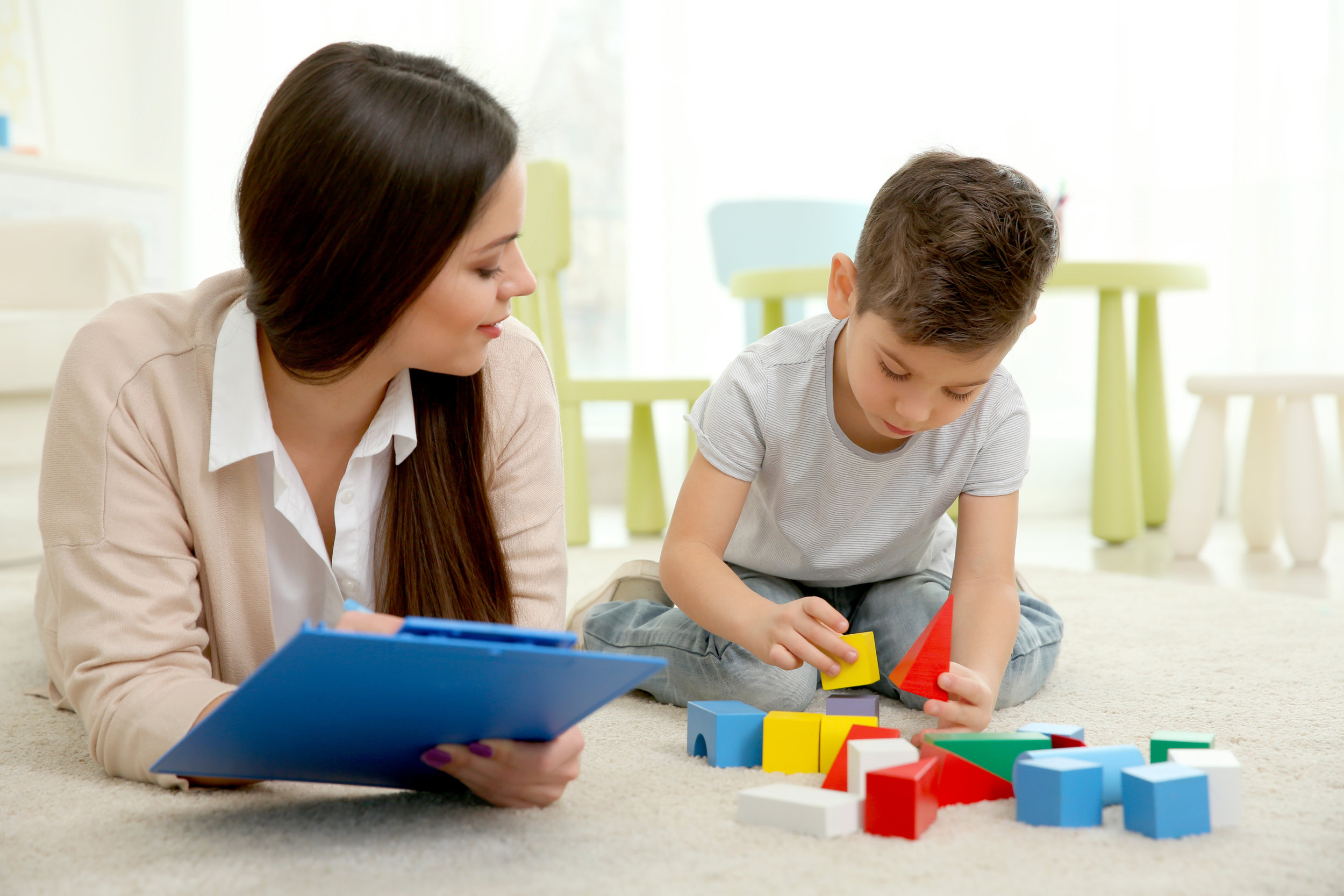Behaviour Assessments
Preference Assessment
Preference assessments rely on parent surveys, as well as direct observation to create an inventory of reinforcing items that can be used to motivate behavioural change. These may include items such as food or drink, toys, access to electronics, sensory stimulation, or physical activity.
Functional Analysis
A Functional Analysis involves the manipulation of the environment in order to determine why a behaviour is occurring. This allows practitioners and parents to implement an intervention that targets the function of the behaviour, ultimately decreasing or eliminating its occurrence. The Functional Analysis is a component of the Functional Behaviour Assessment, but can be used independently.
Functional Behaviour Assessment
A Functional Behaviour Assessment is a multi-step process that takes a deeper look at the history of the behaviour to determine why it is occurring. An FBA may include a review of past records, direct observation, and interviews with parents, teachers, or the child (when appropriate). Rating scales such as the Functional Assessment Screening Tool (FAST) and the Motivation Assessment Scale (MAS) may also be used for further insight. A Functional Analysis is then completed to confirm any hypothesis surrounding the function of behaviour.
Skill Assessments
VB MAPP
The Verbal Behaviour Milestones Assessment Placement Program is a criterion-referenced assessment tool, curriculum guide, and skill tracking system that is designed for children with autism, and other individuals who demonstrate language delays (Mark Sundberg,Creator). The VB MAPP measures the individual’s existing language abilities and allows practitioners to select appropriate teaching methods, plan for transitions, develop Individualized Education Plan (IEP) goals, etc.
ABLLS - R
The Assessment of Basic Language and Learning Skills - Revised is a skill tracking system that allows practitioners to measure existing abilities and develop appropriate strategies for teaching new or expanded skill sets. The ABLLS-R provides a comprehensive review of 544 skills from 25 skill areas including language, social interaction, self-help, academic and motor skills that most typically developing children acquire prior to entering kindergarten. The task items within each skill area are arranged from simpler to more complex tasks (J.W. Partington, Creator).
AFLS
The Assessment of Functional Living Skills allows practitioners to measure existing abilities in areas such as: basic self-help, self-care, self-management, hygiene, routines, preparing and eating meals, basic cleaning, laundry, etc. The AFLS extends to school, community, independent living, and vocational skill development as well. It can be used to support teens and young adults as they transition to the next phase in their lives.
Social Skills Assessment
There is a wide range of tools available for assessing social skills depending on the particular needs of each client. Our behaviour specialists work with parents, educators, childcare providers, and other caregivers to determine the type and severity of the social skill deficit, and what the best course of treatment might be.
Cognitive Assessment
WIAT-III (Coming Soon)
The Weschler Individual Assessment Tool - Third Edition thoroughly assessed key areas of academic achievement, including: reading and decoding, numerical operations, math problem solving, fluency, listening comprehension, reading comprehension and fluency, and multiple elements of written expression.

